Applications of microbial biomolecules in sustainable agriculture
Published in Agricultural & Food Science
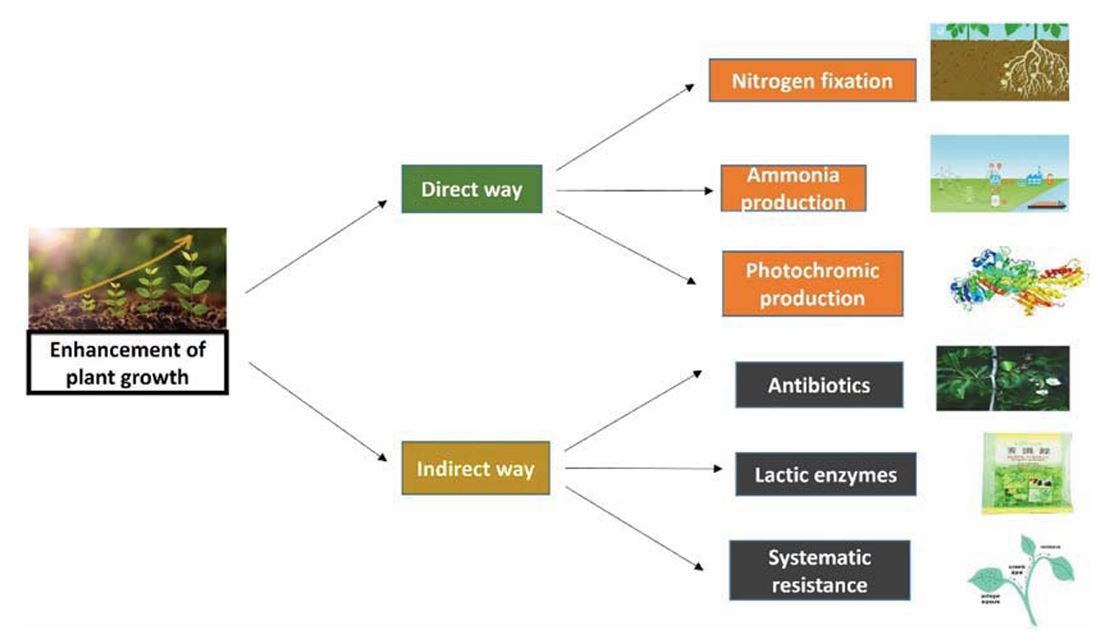
Explore the Research
 sciencedirect.com
sciencedirect.com
Just a moment...
Skip to main content
Introduction
The global population is growing at an exponential rate, and with it, the demand for food production. By 2050, the population is expected to reach 9 billion, presenting significant challenges for food security and agricultural sustainability. This chapter delves into the emerging applications of microbial biomolecules, which offer innovative solutions for sustainable agriculture.
Microbial technology, a branch of biotechnology, utilizes microorganisms to enhance agricultural productivity through eco-friendly practices. Beneficial microbes such as plant growth-promoting rhizobacteria (PGPR) and mycorrhizal fungi play a crucial role in improving soil fertility, promoting plant growth, and enhancing resistance to both biotic and abiotic stresses. These microbes work in synergy with plants by increasing nutrient uptake, improving soil structure, and enhancing moisture retention, making them vital tools in ecological agriculture.
Key applications of microbial biomolecules include:
-
Biofertilizers: Microbial inoculants containing beneficial bacteria and fungi help in the solubilization of nutrients, such as nitrogen and phosphorus, for plant absorption.
-
Biocontrol agents: Microorganisms produce natural compounds like antibiotics, glucanases, and siderophores, which inhibit the growth of harmful pathogens, offering an alternative to chemical pesticides.
-
Plant growth hormones: Microbes like PGPR and mycorrhizal fungi produce plant growth hormones such as Indole Acetic Acid (IAA), gibberellic acid, and cytokinins that stimulate plant growth and improve crop yields.
-
Stress resilience: Microbial interactions help plants tolerate environmental stresses like drought, salinity, and extreme temperatures by enhancing their physiological responses.
The chapter highlights the role of agriculture in developing countries, where a significant portion of the population relies on agriculture for livelihood. However, the sector faces challenges such as water scarcity, soil degradation, and limited access to agricultural resources. By incorporating microbial biomolecules into farming practices, these challenges can be mitigated, leading to more sustainable agricultural practices.
Through the use of eco-friendly, cost-effective microbial technologies, agriculture can become more productive and resilient, ensuring food security for future generations. This research showcases how microbial biomolecules hold the potential to transform agriculture into a more sustainable, environmentally conscious industry.
For more insights on the role of microbial biomolecules in agriculture and their potential to revolutionize food production, read the full chapter here: https://doi.org/10.1016/B978-0-323-99476-7.00010-7
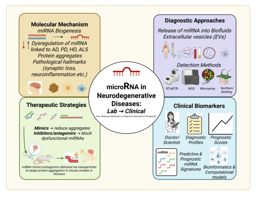
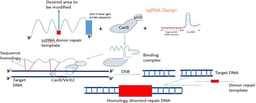
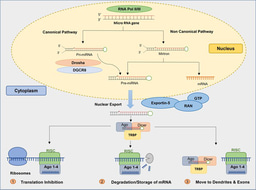
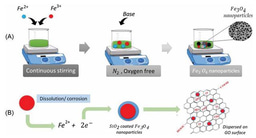
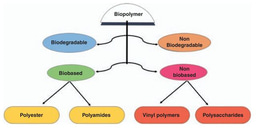
Please sign in or register for FREE
If you are a registered user on Research Communities by Springer Nature, please sign in
Excited to share this chapter on the potential of microbial biomolecules in promoting sustainable agriculture! We hope our insights shed light on eco-friendly solutions that can enhance soil fertility, improve plant growth, and tackle challenges like soil degradation and water scarcity. Looking forward to your thoughts and discussions! https://doi.org/10.1016/B978-0-323-99476-7.00010-7